On the morning of June 16, with 94.77% of National Assembly deputies in agreement, the National Assembly officially passed the Law amending and supplementing a number of articles of the Law on Advertising.
Under the new law, those who deliver advertising products - including celebrities, experts, and people with large social media accounts - must verify the credibility of the advertiser and check documents related to the product, goods, or service. If they have not used or do not fully understand the product, goods, or service, they are not allowed to introduce or advertise that product. In addition, they must also clearly announce that they are advertising before and during the broadcast of the content.
According to the report on explanation, acceptance and adjustment of the National Assembly Standing Committee (NASC), some National Assembly deputies proposed to tighten regulations on famous and influential people who deliver advertising products, in the direction of only allowing those with expertise related to the product to participate in promotion. However, the NASC did not agree with this plan.
The Standing Committee of the National Assembly believes that, in the market mechanism, the participation of celebrities and influencers in advertising is a legitimate commercial activity, contributing to promoting production and business, encouraging creativity and economic development. Instead of restricting, the Draft Law chooses to increase the responsibility of these entities through adding specific legal obligations.
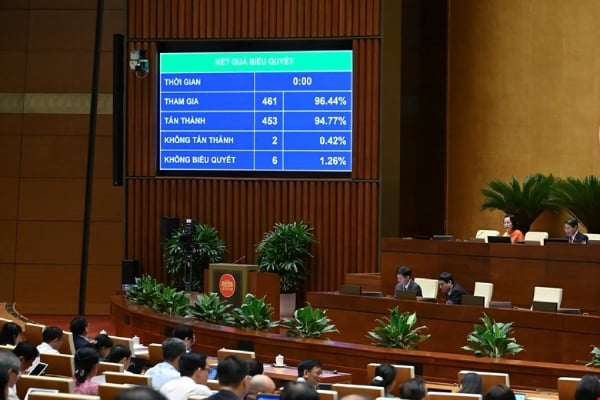
Notably, the regulation requires influencers to verify the credibility of advertisers before promoting their products. The Standing Committee of the National Assembly affirmed that this is a necessary measure to limit the situation of false advertising and advertising of fake and counterfeit goods that has been rampant on social networks in recent times.
At the same time, the draft Law also maintains the provisions on the obligation of advertising carriers to provide relevant documents when requested by competent authorities. In case of violations in advertising activities, depending on the level of violation, the subjects will be handled according to the provisions of law - not applying the principle of joint responsibility in a rigid manner.
Regarding advertising activities on digital platforms, there is a proposal to require cross-border platforms to have a legal representative in Vietnam. However, the Standing Committee of the National Assembly said that this provision is not consistent with Vietnam's international commitments, especially when joining the WTO. The draft law therefore only applies a number of mandatory requirements to foreign advertisers such as hiring domestic advertising service providers, storing data, implementing periodic reporting regimes and complying with Vietnamese laws.
In addition, the regulation "no advertising on illegal platforms" is also maintained to protect Vietnamese brands and a healthy digital advertising environment.
Source: https://doanhnghiepvn.vn/kinh-te/chinh-sach/siet-chat-trach-nhiem-nguoi-noi-tieng-khi-quang-cao/20250616022147418



![[Photo] Da Nang: Hundreds of people join hands to clean up a vital tourist route after storm No. 13](https://vphoto.vietnam.vn/thumb/1200x675/vietnam/resource/IMAGE/2025/11/07/1762491638903_image-3-1353-jpg.webp)








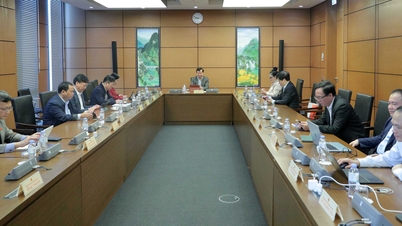

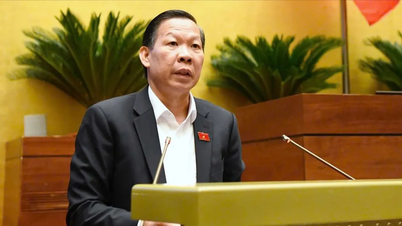
















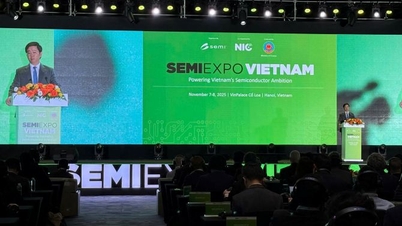
























































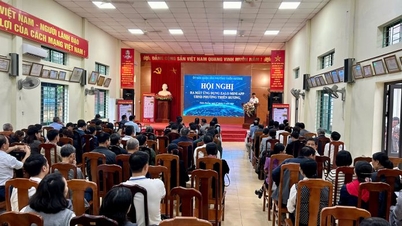




















Comment (0)